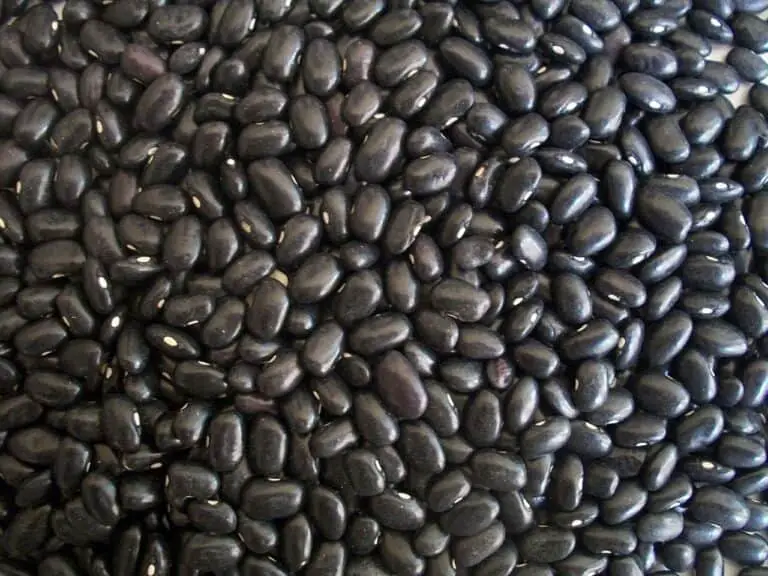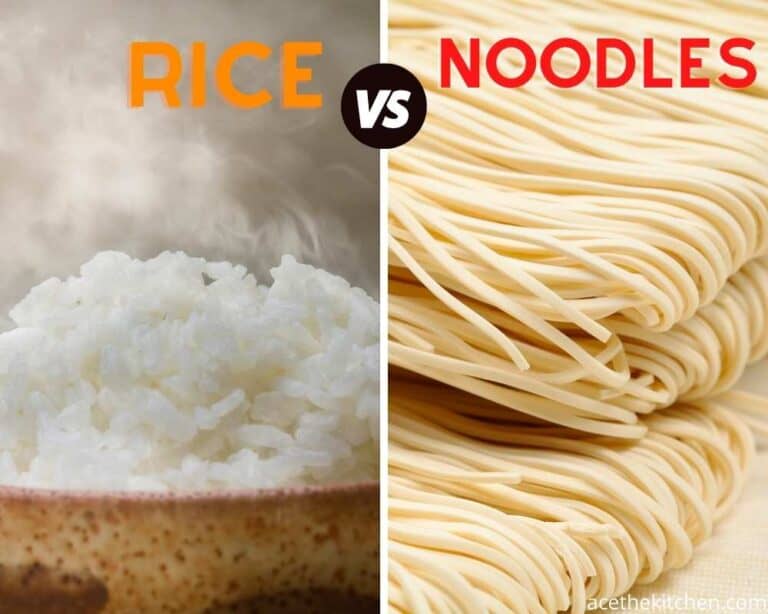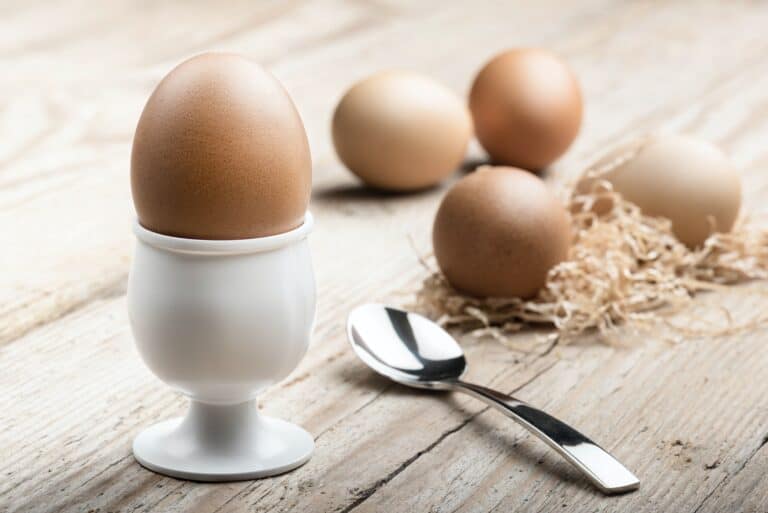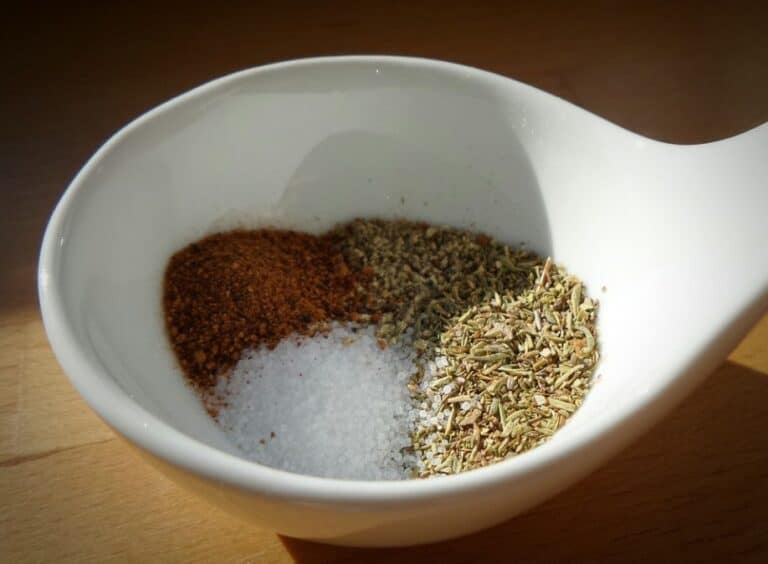Butter Extract Substitute: 5 Amazing Replacements
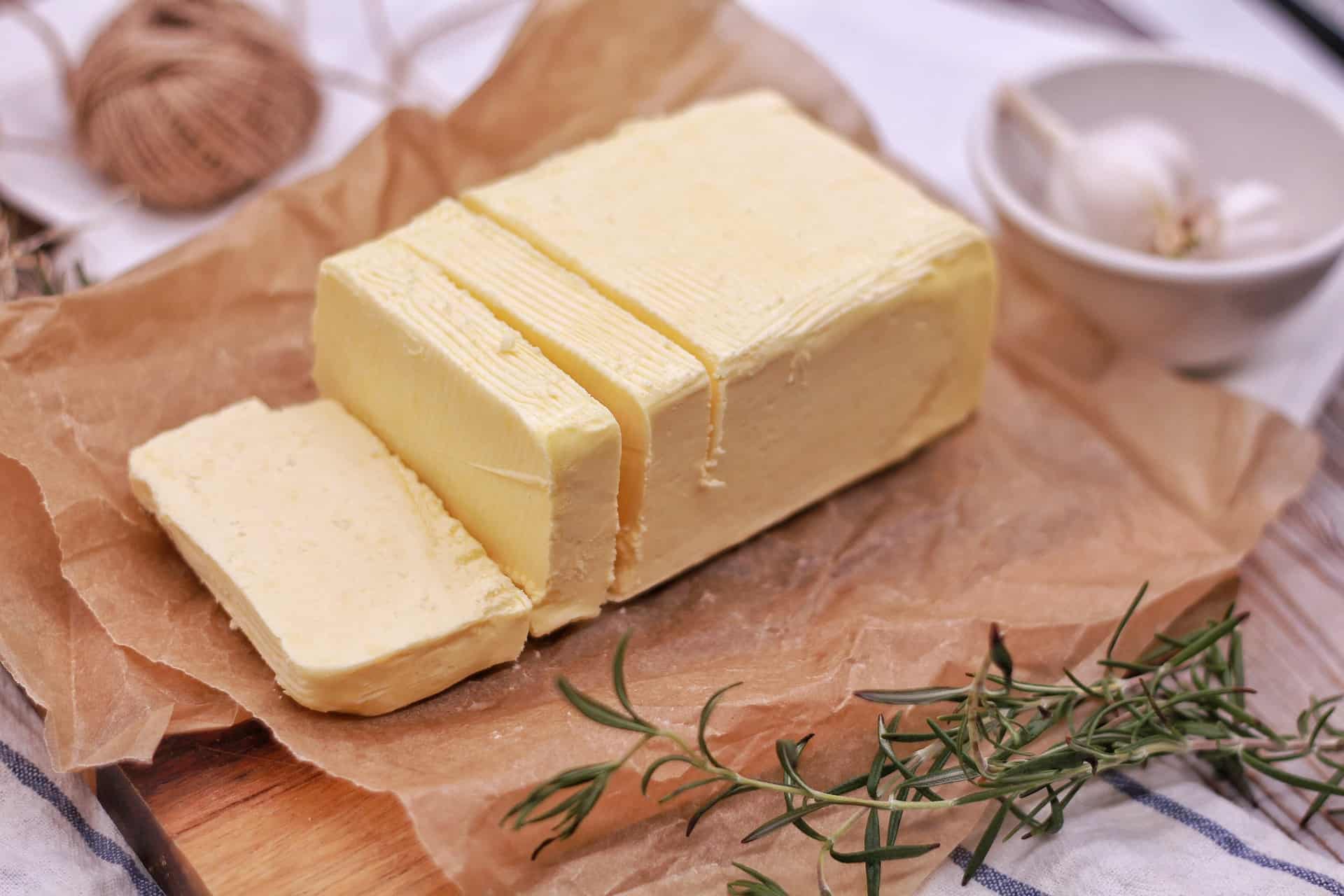
Butter is one of those cooking staples that I’ve always appreciated but never really mastered. The first time I set out to make béarnaise sauce, it curdled and broke on me; the only thing more embarrassing than failing at French food is having your friends see you do it!
And though that was years ago, my intimidation with the ingredient continues to this day. There’s something about the way butter behaves when it melts that seems impossible to predict or control. And if you’re not careful, it can burn in a heartbeat.
For this reason alone, I’m always on the lookout for butter extract substitute that will give me the same silky mouth-feel and rich flavor without having to worry about whether my sauce is emulsifying correctly or my baking sheet is scorching in the oven. Here are five of my favorite butter substitutes – all with lower fat content than traditional butter — along with recipes for some new dishes to try.
And when you’re ready to switch out your old cooking fats, check out our guide to healthy cookery oils!
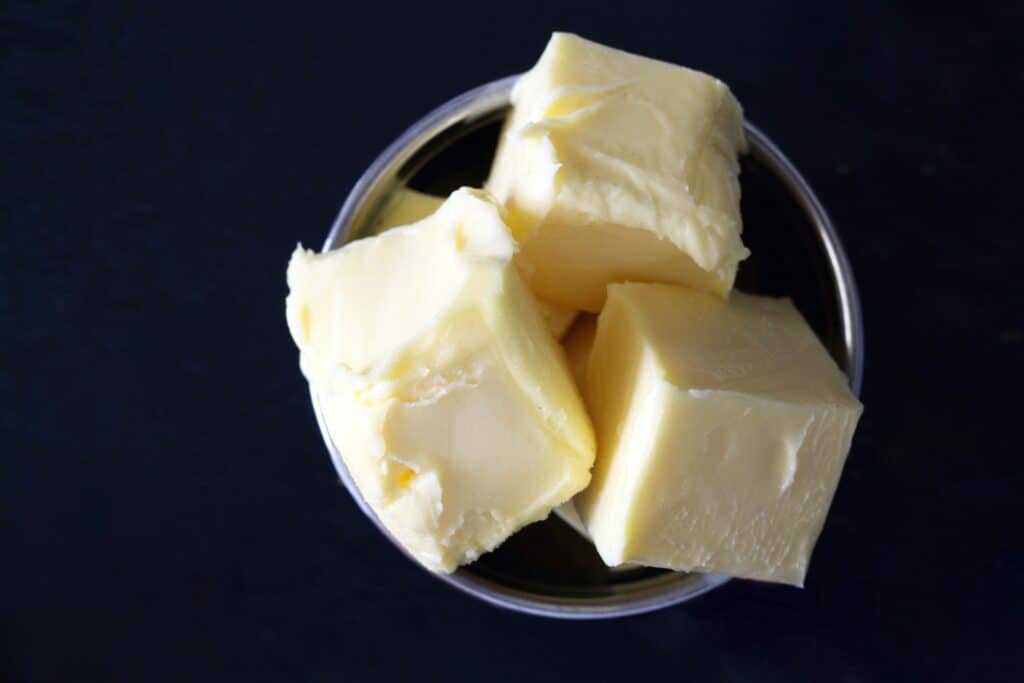
What is butter extract used for?
Butter extract is used to add a buttery flavor to foods that are high in fat, but low in calories. Since it’s virtually calorie-free, you can use it to reduce the amount of saturated fat in your favorite sweet treats without altering their texture or taste!
How do you make butter flavor without butter?
Making butter flavor without using any actual butter is actually easier than you think. All it takes is a little bit of salt and one simple ingredient to get the super-rich, fatty taste that we’ve all come to associate with bakery and dessert recipes: vegetable oil!
Though you may not immediately recognize it by its name, there’s a good chance you’re familiar with this popular vegetable oil-based butter flavoring — especially if you’ve ever gone grocery shopping.
Vegetable shortening is a shelf-stable blend of hydrogenated oils that contains no dairy products and is totally flavorless until it’s mixed with a little bit of salt to mimic the taste of buttermilk biscuits.
So if you’re looking to make your own butter extract at home, whisk together one teaspoon of salt with one tablespoon of corn syrup and two tablespoons of vegetable shortening — give it a taste, and you’ll swear you’re eating the real thing.
Here is a list of 5 suitable butter extract substitutes.
Avocado Oil
Avocado oil is one of my top picks when I want an alternative fat that delivers richness and pure, green flavor. It’s chock-full of heart- and brain-healthy monounsaturated fats (8g per tablespoon), and it has a high smoke point (almost 520 degrees F) that makes it great for sauteing or roasting.
You can also use it as a substitute in baking, but unless you’re using a strong-flavored avocado oil — such as one from Driftwood Estate, which is made from the fruit of organically grown Guatemalan avocados — I’d recommend pairing it with another fat source for no more than half your recipe’s total volume to avoid overpowering other flavors.
Avocado Oil Chocolate Chip Cookies:
- 2/3 cup sugar 1 egg 1 tablespoon molasses 1/4 teaspoon vanilla extract
- 1 cup flour 1 teaspoon baking soda 1/4 teaspoon salt
- 1/2 cup avocado oil 3.5 ounces dark chocolate, finely chopped.
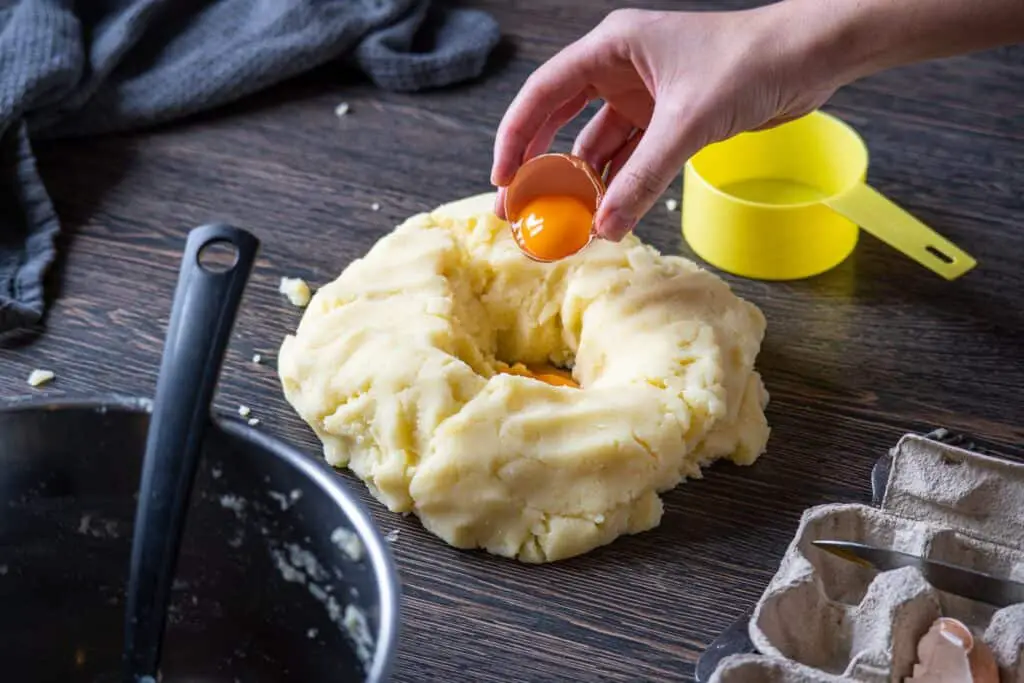
Almond Butter
Almond butter makes an excellent butter substitute when you need something without added sugars or hydrogenated oils. Plus, it’s so simple to whip up at home using nothing more than almonds and your trusty food processor!
To make almond butter, put about 11/4 cups of raw almonds in your food processor and pulse until they resemble coarse sand. Slowly stream in 1 tablespoon of vegetable oil while continuing to process until the mixture becomes smooth and creamy, 3 to 5 minutes.
- Add 2 tablespoons of agave nectar (or honey) and 1 teaspoon of sea salt, and pulse to combine. Transfer almond butter to a jar or other container; it will keep, refrigerated, for up to three months.
- Almond Butter Cookies 1/2 cup sugar 2 tablespoons flaxseed meal plus 3 tablespoons water, whisked together until thick and viscous 1 egg 1/8 teaspoon vanilla extract.
- Preheat the oven to 350 degrees F and line a baking sheet with parchment paper.
- In a medium bowl, mix together sugar, flax mixture, egg, and vanilla.
- Add in almond butter and stir until well combined. Drop about 11/2 tablespoons of dough onto the prepared baking sheet about 2 inches apart and flatten slightly with your fingers.
- Bake for 8 to 10 minutes or until cookies are golden brown around the edges but still soft in the center.
- Cool on a rack before serving. Makes about 14 cookies ( tablespoons per cookie). Substitution ratio: 1 cup butter = 3/4 cup sugar + 1/3 cup almond butter.
Greek Yogurt
Greek yogurt can make a really good butter substitute, especially if you’re looking to cut the amount of saturated fat coming from dairy products.
If using plain, grass-fed Greek yogurt bought at the grocery store (rather than homemade), I recommend pairing it with another fat source — like avocado oil or nut butter — for half your total volume; otherwise, you may end up with greasy baked goods.
Sunflower Oil
Sunflower oil has a great mild flavor that can be easily overpowered by other ingredients, making it an ideal butter substitute for the health-conscious baker.
Plus, sunflower oil is loaded with vitamin E, which helps to promote healthy cell growth, boost immunity, and prevent cardiovascular disease. It’s also high in essential fatty acids (EFAs), which help to lower blood pressure and reduce cholesterol levels.
Applesauce
Applesauce can be used as a butter substitute by substituting half of your total fat requirement with the fruit product. Since apples are high in pectin, which helps to thicken batters and doughs, you may not need all of the flour called for in any given recipe.
When substituting applesauce for butter, you’ll probably need to add about an additional 1/2 cup of flour, since applesauce doesn’t contain gluten.
Bottom Line
Though most people tend to think of butter as a necessary ingredient in baking (and with good reason — it has no rival), there are many healthful and tasty substitutes for those times when you need to cut back on saturated fat intake.
You can also read: How Long Does Oatmeal Last?



